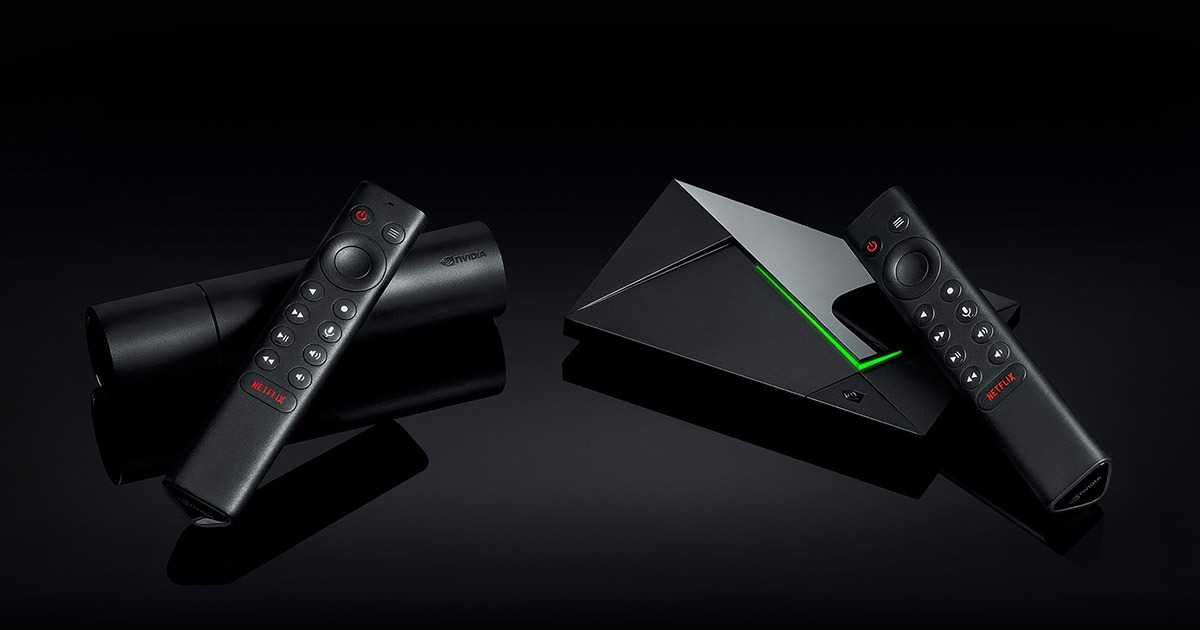Jerry,
Remember we're not talking about encoding efficiency, we're talking about unconstrained bitrate best case picture quality.
You still haven't shown me anyone using MPEG-4 layer 10 doing bitrates over 20MB/s. If H.264 is so good why would the BD people even consider encoding anything HD to MPEG-2?
I'd still rather have my HD camera use high bitrate MPEG-2 over H.264 at this point in time. I'll stand by that until I see some H.264 cameras that are better than the Sony HDV 3 chippers. In addition most computers won't even smoothly play back a 1080i H.264 stream. Right now, today, my choice for economical HD is HDV. That could very well change in the near future of course.
If SD is suiting your needs that's great, it's suiting mine as well. But I am looking to move to HD.
Finally, you might want to have a look at this tread.
- Mark
Remember we're not talking about encoding efficiency, we're talking about unconstrained bitrate best case picture quality.
You still haven't shown me anyone using MPEG-4 layer 10 doing bitrates over 20MB/s. If H.264 is so good why would the BD people even consider encoding anything HD to MPEG-2?
I'd still rather have my HD camera use high bitrate MPEG-2 over H.264 at this point in time. I'll stand by that until I see some H.264 cameras that are better than the Sony HDV 3 chippers. In addition most computers won't even smoothly play back a 1080i H.264 stream. Right now, today, my choice for economical HD is HDV. That could very well change in the near future of course.
If SD is suiting your needs that's great, it's suiting mine as well. But I am looking to move to HD.
Finally, you might want to have a look at this tread.
- Mark







Comment